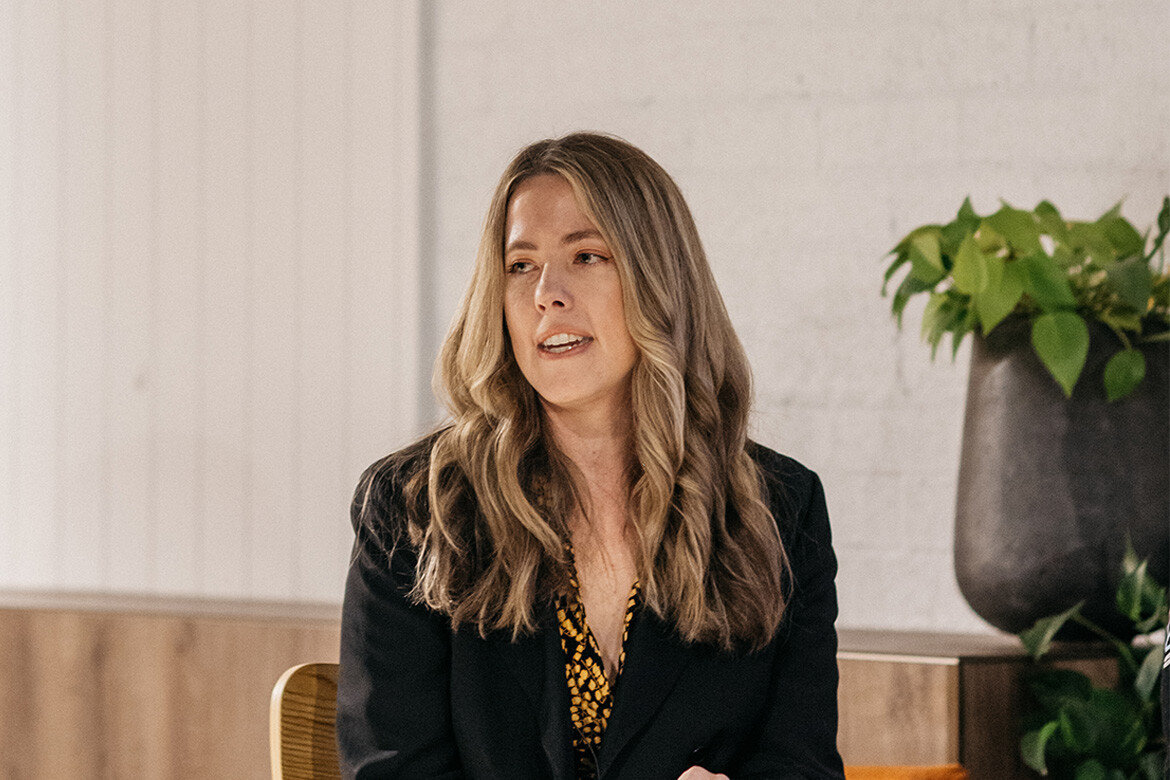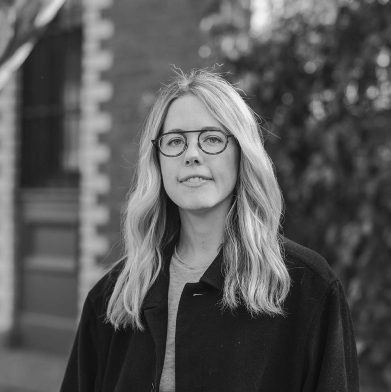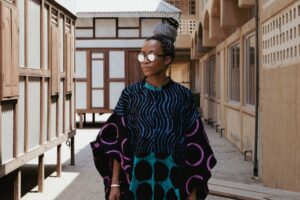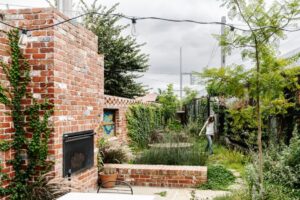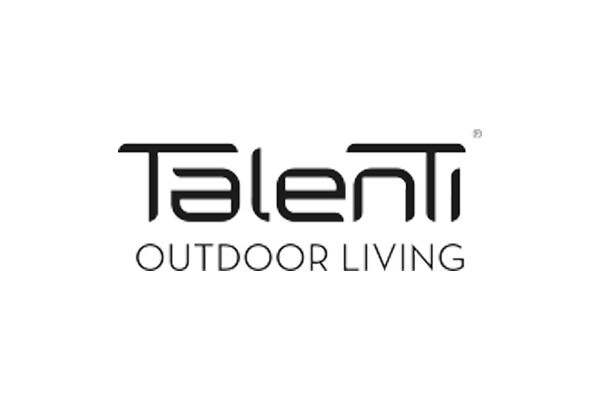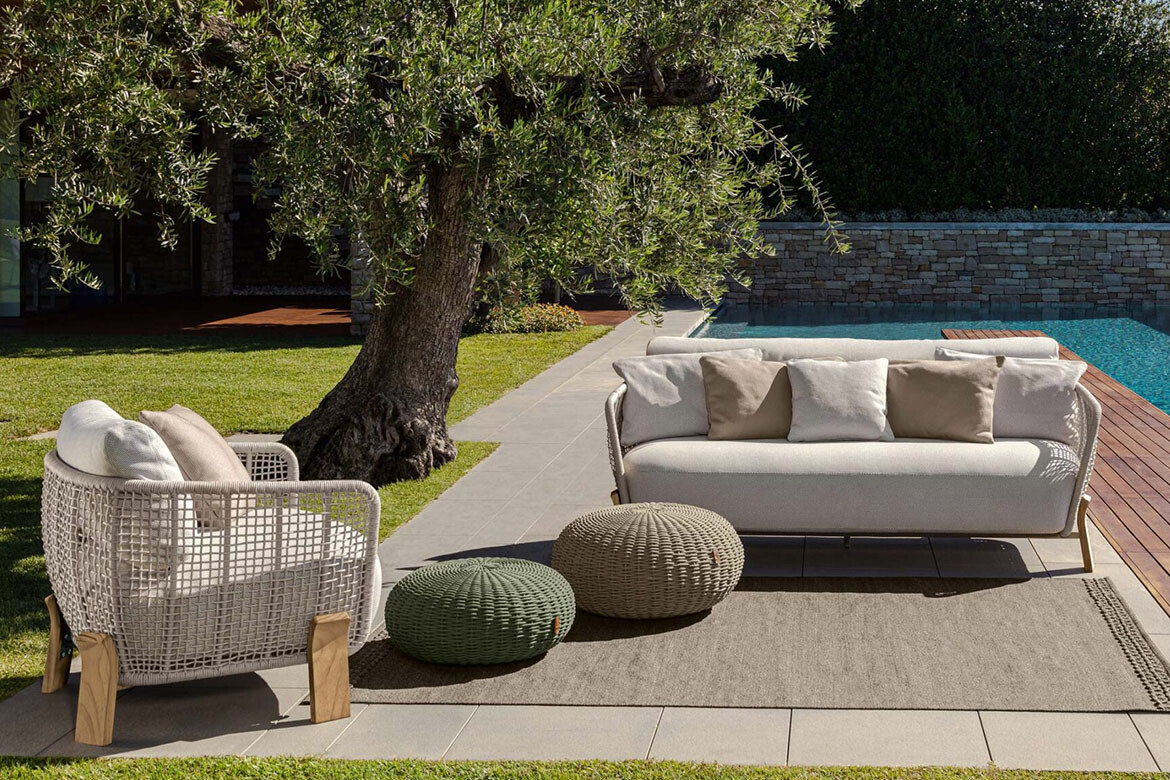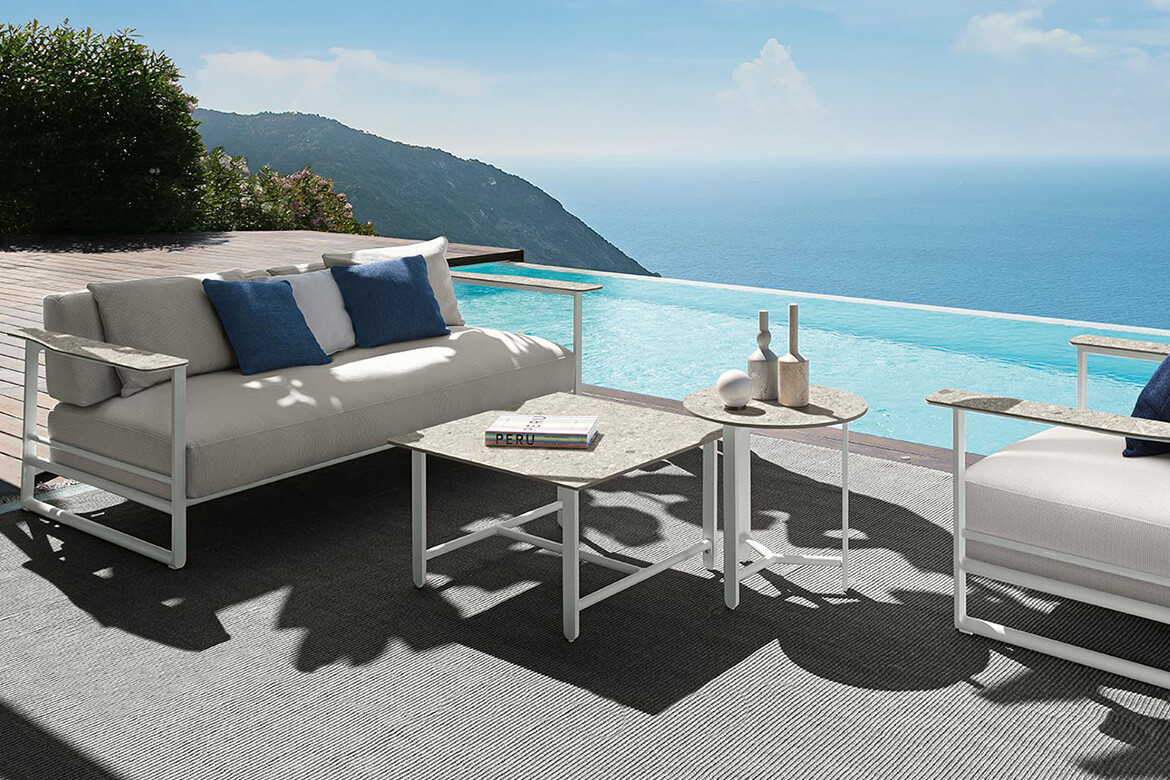History tells us just how influential the dissemination of knowledge can be, especially when it comes from a respected voice. Tracking the evolution of the media is one of change and uprising. The invention of the moveable printing press in the 15th century enabled literature to be printed and distributed in a fashion like never before. Knowledge and literacy spread across Renaissance Europe with historians citing it as a contributing factor to the Protestant Reformation. Society completely shifted through the act of knowledge sharing.
Fast-forward to the 1990s and the dawn of the World Wide Web, the spread of information was once again pushed ahead in leaps and bounds – a disruptive process that has often been compared to that of the printing press. Now, in the span of mere decades, society has seen the birth of social media and endured the polarisation of news down voting lines, alongside the rise of fake news, particularly since the 2016 U.S. election. And we haven’t even seen the tip of the iceberg when it comes to generative A.I. and where it might lead.
To a certain extent design media has been able to operate in a bubble. But the Open Letter from Architects Declare UK to the design media to step up in response to climate change is absolutely right. The letter outlines the immense influence that the media wields and calls us to take action by allowing for constructive dialogue and making a stand in the work we choose to publish. While it’s hard not to immediately jump to the defensive, I couldn’t agree more.
There’s a symbiotic relationship with design media and architects, we both fuel each other. I wouldn’t be able to publish Habitus without the work of architects and designers. As editors we set an agenda and drive the tone – and there’s no denying that climate change is a fundamental imperative of our time.
Part of our job requires us to commit an editorial focus to such agendas, and sustainability is already one of our pillars. We also must give attention to other initiatives that are just as valuable, such as gender equity, diversity and Indigenous co-creation, which of course feeds into a holistic understanding of sustainability.
Our role as journalists and editors is to give space to the experts, we give our platform over to the voices of expertise. And so, we ask you to come to us – share your opinions and your knowledge with us so that we can give it the validity to influence and enact the change that needs to happen. Together we can lean into the inherent interdependence that exists between architects and design media.
In the meantime, here are 7 things we’ve done recently at Indesign Media to give air time to sustainability:
1. Sustainability criteria is a foundational requirement of the INDE.Awards, it’s more embedded than a mere tick box. We truly reward and celebrate the work that responds to this, as seen with the 2022 Best of the Best winner – Pingelly Recreation and Cultural Centre by iredale pedersen hook architects with Advanced Timber Concepts Studio Australia
2. In June, myself and my fellow editors facilitated more than a dozen CPD-accredited courses as part of CPD Live which focused on net zero targets, WELS and embodied carbon, among other topics
3. Some recent coverage on climate change on Indesignlive, in particular, this interview with Russell Fortmeyer, Woods Bagot’s sustainability leader
4. And sustainable design on Habitus Living, including a recent profile on KeepCup founders Abigail and Jaime Forsyth
5. One of the 2022 Habitus House of the Year winners was a low-tech house in Singapore – Every Window a Garden by Linghao Architects. Seriously innovative, bold and inspirational.
6. We produced this video series, including a video dedicated to sustainability
7. INDESIGN Editor, Alice Blackwood, recently hosted a panel talk for Melbourne Design Week looking at adaptive re-use in cities – more here
This list is by no means exhaustive and there is always more that can be done. As editors, we acknowledge that we’re not perfect, but we pledge to give increasingly more space to stories – be it profiles, projects, opinion pieces – that continue to push for a greener future.
We also advocate for slow journalism. Working in the media there is a constant fight for the newest and freshest content. The irony is that the unrelenting churn of the media cycle sits in opposition to the amount of time that goes into making a building, or a beautifully crafted interior or piece of furniture. It can be a challenge at times to take a step back and give the work the credence it deserves, but that is also something we always strive to do. This means doing site visits, in person or video interviews, talking to clients and stakeholders to get a 360-degree perspective. In a conversation I had with our publisher Raj Nandan recently, we spoke about the fact that we take pride in letting these stories have the time they need to come to life, and he gave it the analogy of ‘appreciating a fine wine rather than slamming down a shot’. I respect the time and effort that goes into creating great architecture and design and extend that to the way we cover a project in the written form.
We encourage you to reach out to us with your sustainability initiatives, achievements and expertise, so that we might widen the conversation.
Contact INDESIGN Editor, Alice Blackwood
Contact HABITUS Editor, Aleesha Callahan


